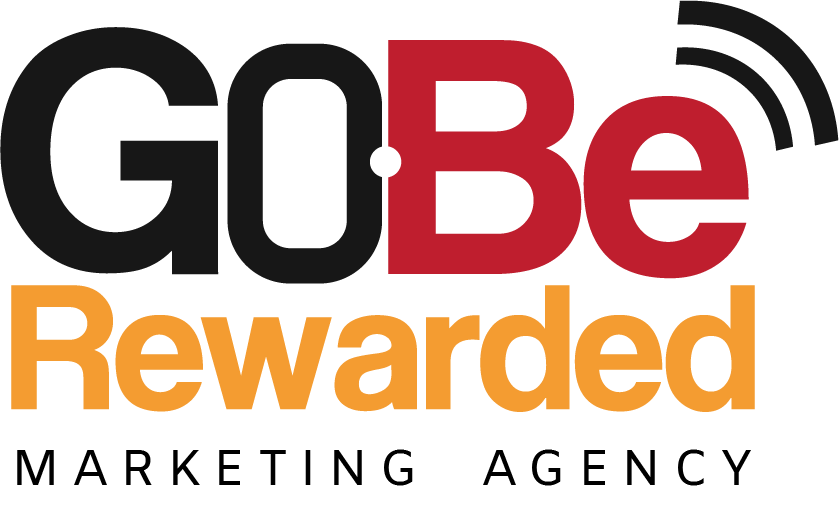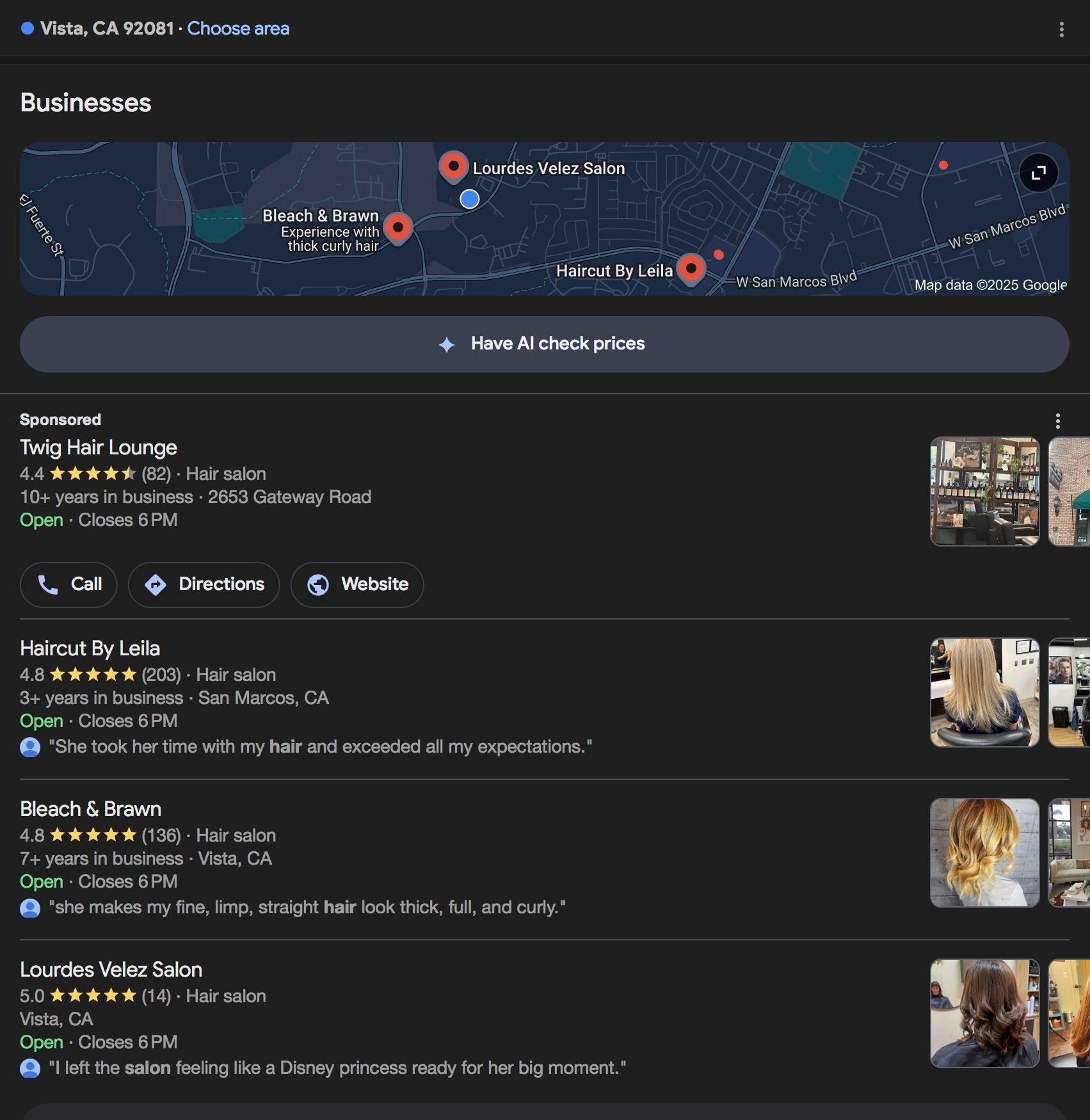The Hidden Costs of DIY PPC Management
Why DIY PPC Management Could Be Costing Your Small Business More Than You Think: The Hidden Costs Revealed.

The Hidden Costs of DIY PPC Management and the Benefits of Hiring a Management Firm
As a small business owner, it's natural to want to keep costs low and take on as much as you can in-house. However, when it comes to pay-per-click (PPC) advertising, attempting to manage your campaigns on your own could end up costing you more than you realize. In this blog post, we'll explore the hidden costs of DIY PPC management and explain why working with an experienced management firm is often the better choice for small businesses.
The Cost of Employee Time
One of the most significant hidden costs of DIY PPC management is the amount of time it takes to manage campaigns effectively. Unless you or one of your employees has extensive experience with PPC advertising, you'll likely need to spend a considerable amount of time learning the ropes and staying up-to-date on best practices. Even once you have a handle on the basics, managing PPC campaigns requires ongoing attention and optimization. You'll need to monitor your ad performance regularly, adjust your bids and targeting, and test different ad copy and landing pages to see what works best. All of this takes time away from other critical business tasks, such as product development, customer service, and sales. And the more time you or your employees spend managing your PPC campaigns, the less time you have to focus on these essential areas of your business.
The Risk of Costly Mistakes
Another potential hidden cost of DIY PPC management is the risk of making mistakes that could damage your campaign's performance and cost you money. Even small errors, such as targeting the wrong keywords or failing to set up conversion tracking correctly, can have a significant impact on your ad spend and ROI. Inexperienced DIY PPC managers may also be more likely to fall for common pitfalls, such as overbidding on keywords, neglecting negative keywords, or failing to adjust bids based on the time of day or day of the week. Each of these mistakes can add up over time, wasting your budget and delivering a poor return on investment. And if you're not monitoring your campaigns regularly, you may not even realize you're making these errors until it's too late.
The Opportunity Cost of Lost Revenue
Perhaps the most significant hidden cost of DIY PPC management is the opportunity cost of lost revenue. Every minute you or your employees spend managing your PPC campaigns is a minute you're not spending on other critical business tasks, such as product development, customer service, or sales. In other words, every hour you spend managing your PPC campaigns is an hour you're not spending on growing your business in other ways. And if you're not managing your campaigns effectively, you could be missing out on valuable revenue opportunities that could have a significant impact on your bottom line.
The Benefits of Working with an Experienced PPC Management Firm
So, what's the alternative to DIY PPC management? For many small businesses, the answer is to work with an experienced PPC management firm that can provide expert guidance and support. By partnering with a PPC management firm, you'll gain access to a team of experienced professionals who can help you develop and execute a successful PPC strategy. They can help you identify the right keywords and targeting options for your business, craft compelling ad copy and landing pages, and optimize your bids to get the most out of your budget.
Perhaps most importantly, working with a PPC management firm frees up your time to focus on other critical areas of your business. You can spend your time developing new products, serving your customers, or growing your sales, knowing that your PPC campaigns are in good hands. Of course, not all PPC management firms are created equal. When choosing a partner for your PPC campaigns, it's essential to do your research and select a firm that has a proven track record of success.
Look for a firm with experience in your industry or vertical, as they'll be better equipped to understand your unique business needs and target the right audience. Check their credentials, such as certifications from Google or other search engines, to ensure they have the expertise and knowledge to manage your campaigns effectively. It's also essential to choose a firm that offers transparent pricing and reporting. Make sure you understand exactly what you'll be paying and what services you'll receive, and ask for regular reports on your campaign's performance so you can track your ROI and make informed decisions about your ad spend.
Finally, look for a firm that values collaboration and communication. You'll want to work with a partner who is responsive to your needs and can provide timely updates and feedback on your campaigns. A good PPC management firm should be willing to work closely with you to understand your business goals and tailor their approach accordingly.
In Conclusion
While DIY PPC management may seem like a cost-effective solution for small businesses, it can end up costing you more than you realize in the long run. The time and resources required to manage campaigns effectively, along with the risk of costly mistakes and missed revenue opportunities, make working with an experienced PPC management firm the smarter choice for many small businesses. When choosing a PPC management firm, look for a partner with a proven track record of success, transparent pricing and reporting, and a commitment to collaboration and communication. With the right partner, you can achieve your PPC advertising goals while freeing up your time to focus on growing your business in other areas.





